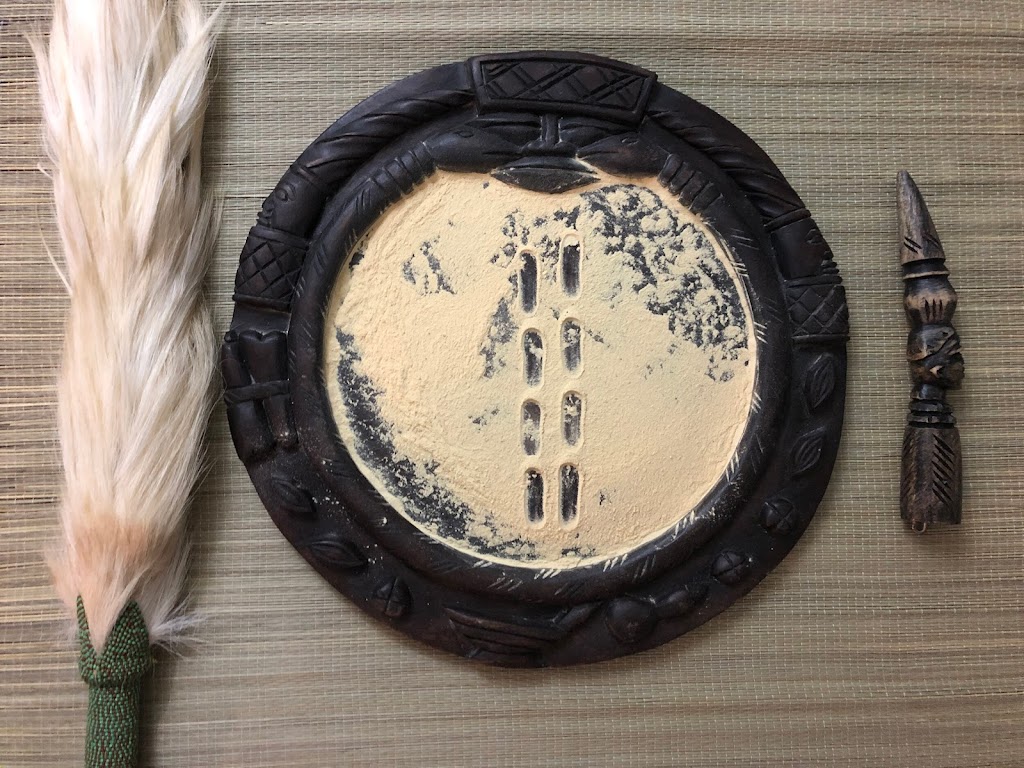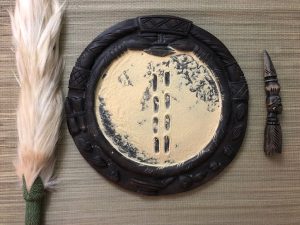Lifestyle & Culture

From Taboo to Education: Can a witchcraft curriculum help redeem Africa’s cultural identity?
 |
| Ifa Divination tray & tools | Sasha Cobra |
Author: Felix Wisdom Onyedikachi
So recently, I stumbled across a post on a particular blog, and I couldn’t help but smile at the headline that halted my endless scrolling at that moment. Apparently, a Nigerian professor was advocating the introduction of a “Department of Witchcraft” and a B.sc degree awarded at the end of the four-year programme in said department. I was quick to point out the absurdity of such an idea, to begin with, but after carefully going through the contents of the article, I had a rethink and it’s a good thing I did.
Professor Toyin Fola, an African intellectual legend and Professor of History, made the recommendation during his delivery of the 54th Convocation Lecture held at the University of Lagos (UNILAG), Nigeria on the 15th of January 2024. His lecture titled, “Decolonisation of African Higher Education for Transformational Development, called for an expansion of the general courses and programmes on cultural properties, African epistemologies and ingenuities. He also spoke in defence of African languages as academic courses, the creation of African vocabulary development and enlightenment bank as well as proliferation of African concepts and scholarship. The intellectual giant had stressed how much the colonial masters still held our educational system to ransom, even after several years of independence. In his words, “Despite the present autonomy of African universities post-independence, they predominantly uphold the academic systems and structures bequeathed by the colonialists, adhering closely to Western academic standards”. He decried how academics from Africa are subjected to a compulsory one-year postgraduate diploma before being allowed to pursue higher education in any of the colonial countries. A situation, which he said, relegates Africa’s educational system as a second fiddle to theirs. Professor Fola thus urged a comprehensive revamping of the system, and an introduction of cultural values and a learning framework that can further accommodate the African belief system. A good way to portray this, for instance, would be the use of indigenous Nigerian languages in the teaching and learning process of higher institutions.
It is a well-established fact that the colonization of African countries by the British masters adversely impacted our notion of African culture, history, values and society as a whole. We now have a malformed perspective of our identity, of who we truly are and why we are really different from other races. This must be the reason why whenever we see Professors or schools advocating the introduction of a degree in witchcraft into our schools, we are quick to condemn them and paint them as embodiments of pure evil. But is that really the case? Is there anything wrong with our learning of the diverse symbols of African Traditional Religion, that even the colonizers themselves have clamoured for all these decades? Go to their museums, their schools and even their homes and behold how these “symbols of evil” are used to enrich their pockets and decorate their walls. The Black Panther Movie released some time ago, gave us a marvellous display of a few of these symbols and artefacts. But this was a storyline that had white writers and a predominantly white crew membership. However, suggest the very idea of the hanging of the Benin mask on the wall of an African home and watch how the typical African family would spit fire and brimstone in the form of rebukes and demon casting, all in the name of a religion that is not even home to us. It would seem that they even know more about our history and practices than the very owners themselves. Many schools these days don’t even have African History as part of their curriculum. I don’t even want to dabble into the issue of the age-long question of the continuous existence of most African languages. We bear their names, copy their lifestyles and even go as far as trying to change the colour of our skins to theirs. It all screams “Neo-colonialism” and there are fears that there may be no way around these trends shortly.
However, all hope is not lost. We can still salvage the situation, and make most of the situation before it becomes too late. It’s just like my Igbo people will say, “i chowa ewu oji maybe chi ka di ihe” that is, too “Look for a black goat when the day is still bright”. We must decolonize our minds. We must free ourselves of the mental slavery that has continued to bind us to this day. So what if I insist on mounting an ancestral shrine at the backyard of my home, and pour libations to them every morning? So what if I decide to overlook a church wedding and just marry my spouse the traditional way, which is even more recognised institutionally? And who says I must give the offspring that result in such a union English names at all? The sooner we recognise that these are just mental barriers that the colonialists left us with before their exit, the better. It is just like Chinua Achebe pointed out in his award-winning book, “Arrow of God”, “the white man clearly does not understand the way we do things, but still chooses to interfere anyways “. While they saw a wooden carving with horns, painted black, our ancestors saw a symbol of power and authority, one that gave them victory during wars and set them apart from other communities surrounding them. The white men saw our customs and festivals as fetish, but our ancestors simply took part in displays of rich colours and beauty and life that were simply unmatched and incomprehensible to the stiff-necked “Henrys and Richards”. The white man obviously came with an aim of exploitation and oppression, one that is inherent even to this day, but carefully hid under the guise of religion and civilization. It is high time we do away with the mindset that our customs and traditions are backward or barbaric, and embrace them for what they truly are embodiment of beauty and utter perfection.
So yes, the Kenyan University that adopted the Witchcraft Degree into their school wasn’t farfetched at all. Neither was the South African university that did the same some seven, or eight years ago. I believe Professor Fola’s idea should be really explored, as the inclusion of such an educational background will only go far in pushing the African narrative globally and giving us the massive representation that would mark our ascent into only more greatness.
References:
UNILAG Communication Unit. “UNILAG 54th Convocation Lecture: Renowned Historian Advocates Decolonization, Indigenization of African Studies” University of Lagos, 2024, https://unilag.edu.ng/?p=32254.
Primer Africa
0